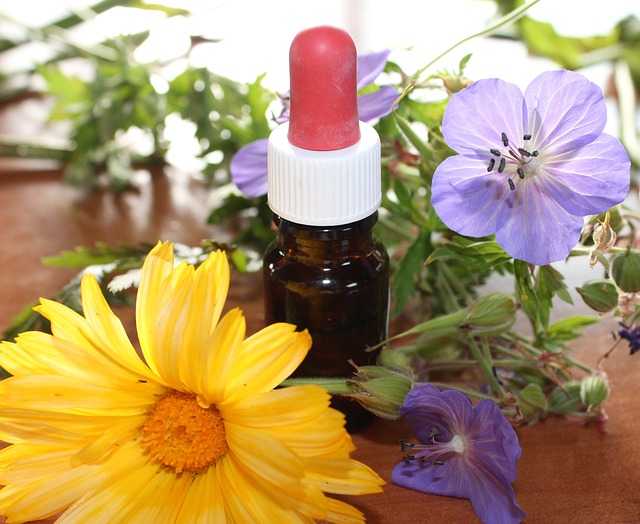
Personal Story
I have been following a gluten-free lifestyle since 2009 to avoid breaking out in rashes that last for months after eating anything that contains gluten. Shortly after I started studying herbalism in 2011, I asked my instructor if herbal remedies contain gluten. She told me, as any good teacher would, that I needed to research that for myself. I have been researching ever since. I want the herbal preparations I make to be safe for me, my family, and anyone else I teach.
Education
Wheat, barley, rye, and oats all contain a coating called gluten that is hydrolyzed in the digestive system yields a certain peptide that is a well-established intestinal irritant that leads to a condition known as celiac disease that affects one person in every 250. Gluten is a protein.
In all these years of studying herbalism, I have not found very much information on making gluten-free herbal products, but here are some thoughts.
Types of Menstruum to Use in Herbal Preparations
What is menstruum? A menstruum is a fluid substance that is used in extracting (obtaining) herbal constituents from the tissues of the herb.
Extracts are plant produced compounds that have been removed from the tissue of the plant that produced them. Tinctures are concentrated herbal extracts.
Not all extracts are tinctures, but all tinctures are extracts. To be a tincture, one must use a solvent (menstruum) to obtain the herbal properties from a plant. If the herbalist uses vinegar, glycerin, water, or any other menstruum that is not alcohol, the herbal preparation is an extract, but it’s not a tincture. A neutral-flavored menstruum like vodka is often preferred by herbalists.
Extracts can be made from fresh or dried berries, leaves, flowers, barks, or roots.
To make herbal extracts and tinctures, you need herbs and a strong grain alcohol. For gluten- free, you must find gluten free grain alcohol or use another menstruum that is gluten-free. Some people use a pure, gluten-free 80 proof alcohol in a ratio of 1 part herb to 3 parts alcohol (1:3) to make tinctures. Extracts are 1 part herb to 1 part alcohol (1:1), which makes them stronger.
Herbal preparations might contain gluten if they are made with alcohols made from wheat or other grains. Alternatively, preparations can be made from gluten-free alcohols like sugar cane or brandy, which is made from grapes. Glycerines are a great gluten-free option for children, pregnant women, or anyone wishing to avoid alcohol-containing herbal preparations. A high quality vegetable glycerin derived from Palm Oil results in a slightly sweet herbal preparation that many children do not mind taking at all.
A person’s needs will determine the type of menstruum they choose for extraction. Some people are sensitive to the processed gluten of grain alcohol, and some are not. There are good, certified gluten-free vodkas made from potatoes.
In sugar cane alcohol, the alcohol used for extraction is distilled and can be certified gluten-free by the manufacturer. In this type, the distillation process eliminates the proteins. An example is diluting a 190 proof cane alcohol with distilled water to arrive a neutral 100 proof organic cane solution. It is recommended to add tinctures to water, tea, or juice to reduce the direct exposure of the throat and tongue to alcohol.
Brandy that is made from distilled wine, grapes, or other fruit is considered gluten free, but look out for hidden glutens in cognacs that add flavorings or other additives after the distillation.
Also, be aware that there is a risk of gluten cross contamination is facilities that process products that contain wheat, rye, barley, farina, spelt, Kamut, farro, or couscous. Oats are naturally gluten-free but are often cross contaminated in processing facilities. In addition, some brands age their brandy in bourbon barrels, which can be an issue for some people if they are very sensitive.
Types of Herbs to Use in Herbal Preparations
Most herbs are plants that are naturally gluten free. However, be sure to find certified gluten-free oatstraw because oats can be cross contaminated.
Action
There is much more to learn about making gluten free herbal preparations, so please research and determine what will work best for you.
May God bless you on your wellness journey!
Joni
P.S. What do you use to make gluten-free herbals? Please tell us what menstruum and herbs work for you.

0 Comments